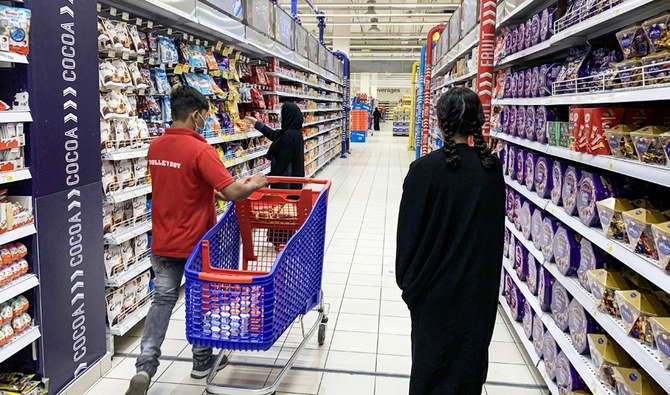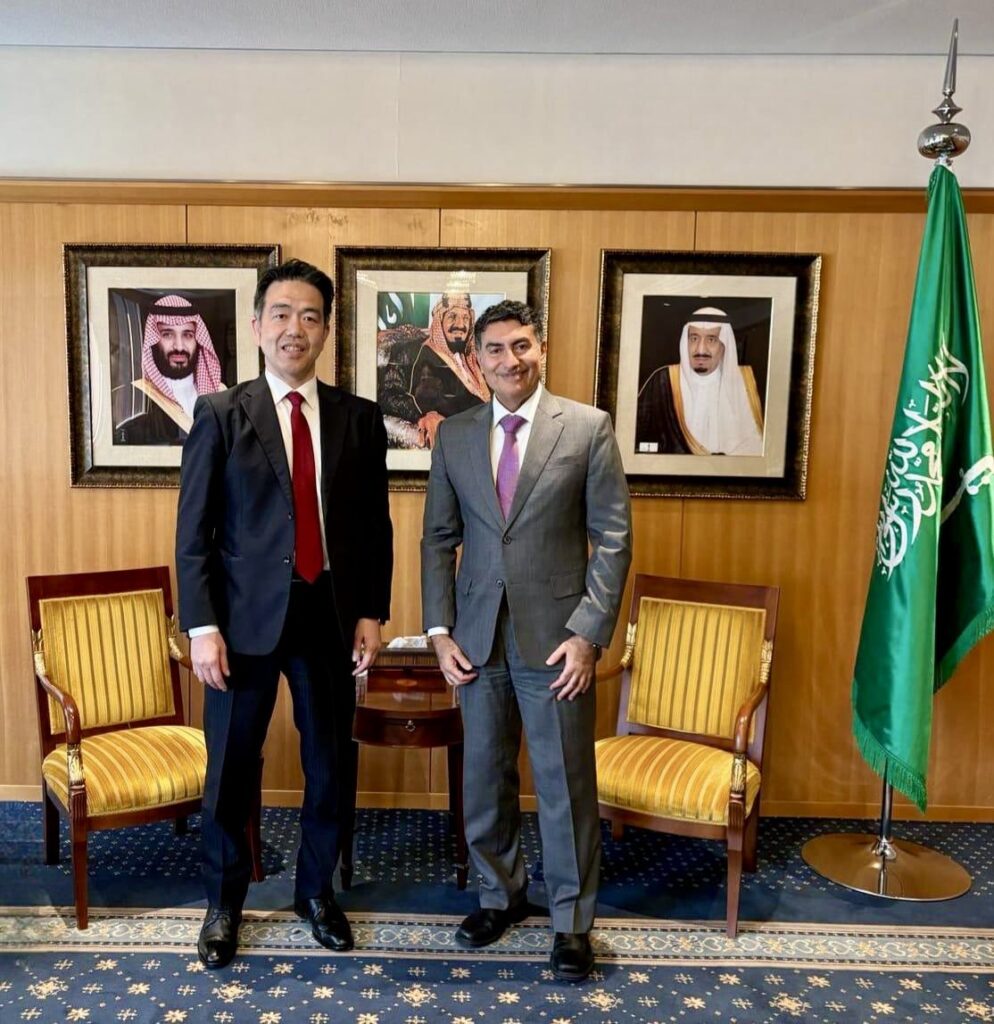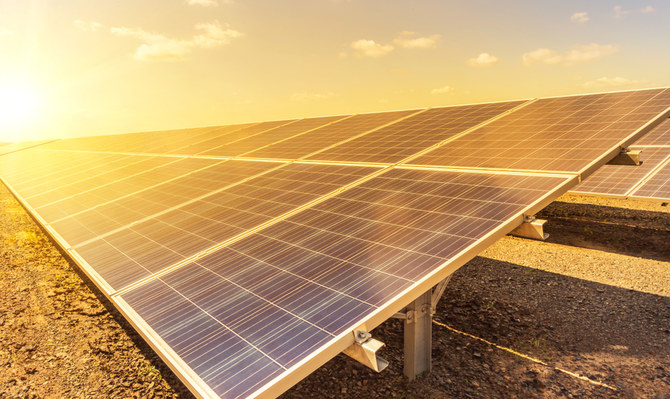RIYADH: The Ministry of Finance’s figures for the third quarter of 2020 show that the Kingdom continues to successfully diversify its economy and shift the country away from its reliance on oil revenues.
The ministry announced on Wednesday that non-oil revenues for Q3 2020 amounted to SR122.9 billion, while oil revenues reached SR92.5 billion, marking a continuation of a trend that has developed over the three years since Vision 2030 was announced.
Dr. Abdullah Baeshen, a financial adviser and chairman of Team One Financial Consultants, told Arab News that the “high-level commitment” from government agencies and a rationalization of spending and expenditure efficiency has led to an increase in non-oil revenues.
“This leap has been achieved because of economic diversification, which helped increase non-oil revenues, reflecting an indicator for stability of the budget and a positive future outlook for foreign investors, as well as strength and stability of the currency,” he said.
While the COVID-19 pandemic had a negative impact on the national and global economy, Q3 figures show a significant increase over Q2, although they are still behind year-on-year. Baeshen said he expects significant additions to 2021 revenues because of privatization. “The government owns significant assets that can realize good revenues for many years to come.”
Abdullah Al-Barrak, a financial adviser, attributed the increase in quarterly revenues to the ease of COVID-19 restrictions towards the end of Q3, with levels of consumer spending reaching a percentage similar to the norm. He also said the increase in VAT from 5 percent to 15 percent was a “primary reason” for the increase.






















